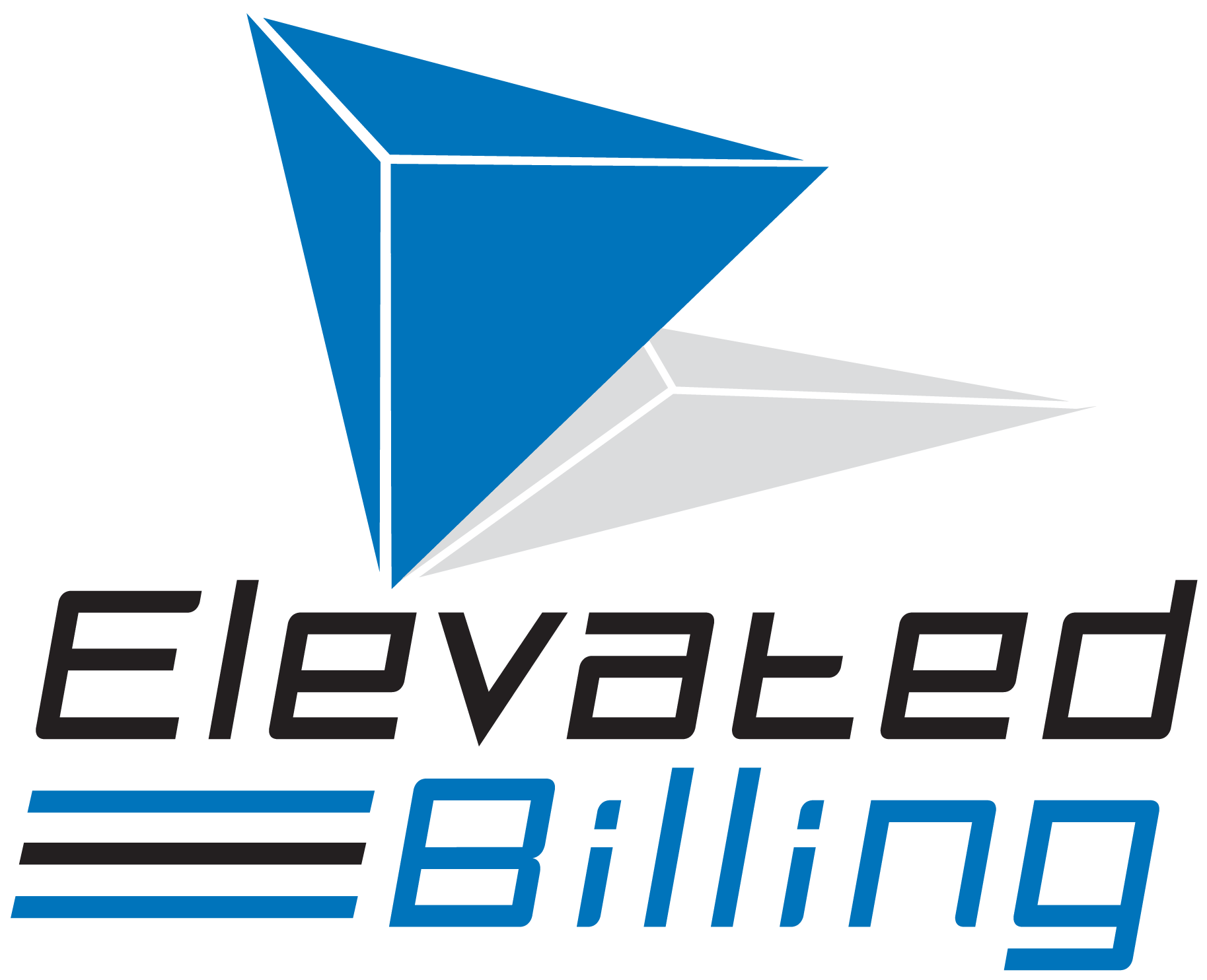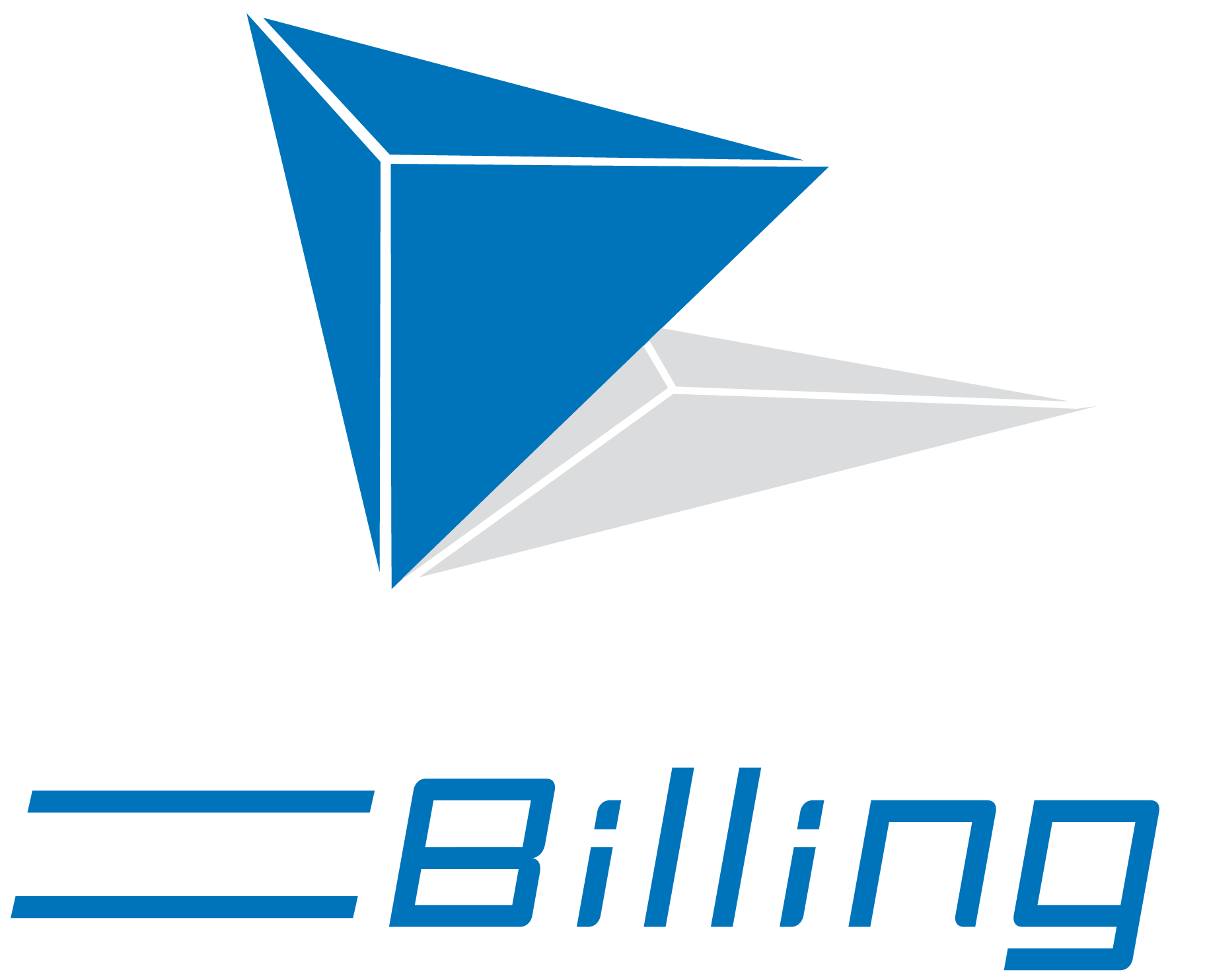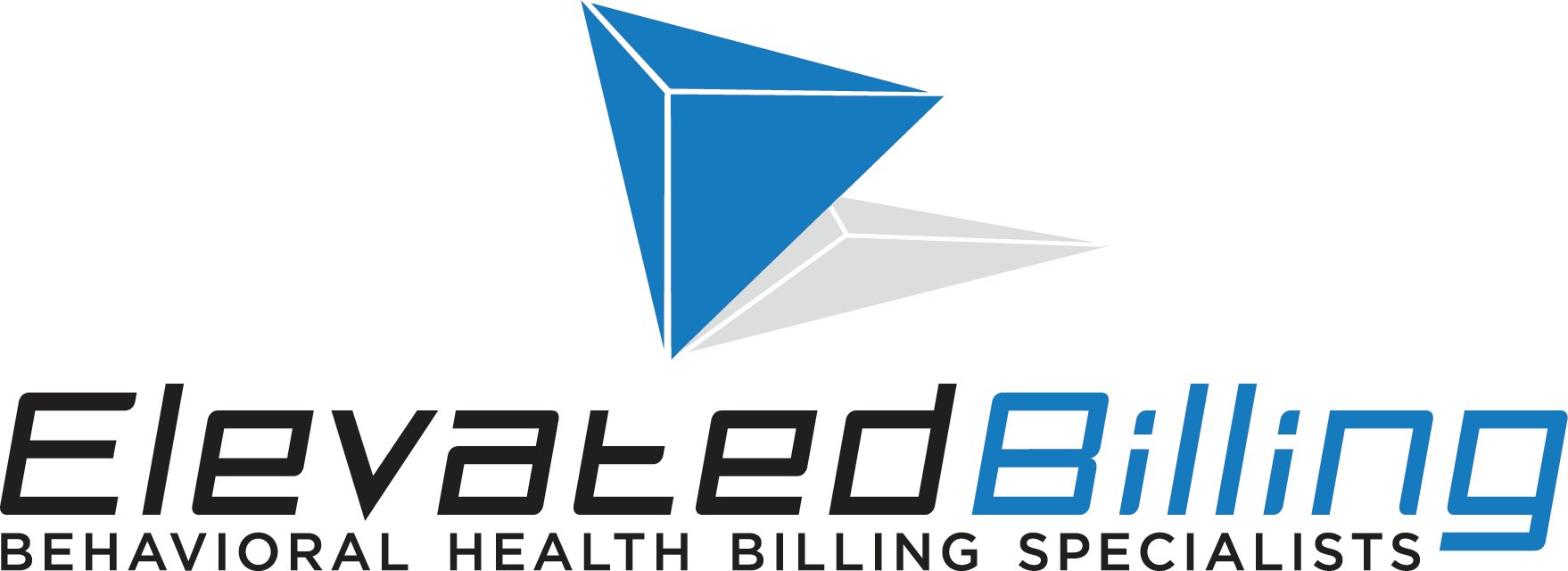A family is like having an immediate support group at one's fingertips. The family dynamic works because it's built on love and trust, so the addict can be rest assured that in a time of need the team will be there for help.
The family environment provides a natural foundation to build up a healthy, sober lifestyle. However, many times the family members are just as emotionally affected as the addict himself, and therefore, it helps if they are also involved in the treatment process. Analyzing these theories below shows differences in perspective for defining the main problems among families struggling with addiction.
Let's explore a variety of familial treatment options and go into some detail about what each kind is about.
Family Treatment Models
Dynamic Family Therapy
This basic therapy style is grounded in diving into the nature of conflicts and gathering information about them.
Experiential/Humanistic Family Therapy
This therapy focuses on the individual in treatment, and emphasizes the openness of sharing emotions, not suppressing them.
Bowenian Family Therapy
A theory that explores the balancing act between the individual self and the family as a group, in order to create more complete and productive outcomes.
Structural Family Therapy
This treatment style is aimed at resolving structural problems within the family, addressing the underlying issues that may be affecting the individual and the way their disorder or addiction manifests.
The Family Disease Model
This Framework works based off the premise that an addict's problem is a family-wide problem, not just the individual's problem, and that the unit needs to be treated as a whole.
If you know a friend or family member struggling with addiction, one of these theories may prove to be a good starting point for them. Have them talk to a specialist to point them in the right direction.


